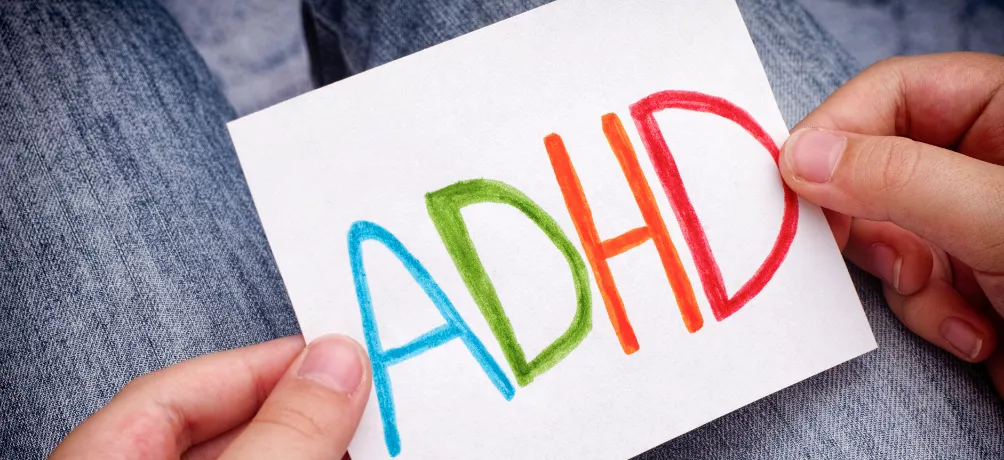New Guidelines Issued for Treatment of “Complex” ADHD
By Dr. Mary Rooney, Ph.D.
In January, the Society for Developmental and Behavioral Pediatrics (SDBP) issued new clinical guidelines that call strongly for providing behavioral treatments and other psychosocial supports (like school-based services) for children and adolescents with “complex” ADHD. The recommendations complement the existing ADHD guidelines from the American Academy of Pediatrics (AAP), which were updated in October of 2019, by focusing specifically on children and adolescents who, in addition to having a diagnosis of ADHD also have one or more learning disorder, neurodevelopmental disorder (like autism spectrum disorder), or psychiatric disorder (like anxiety, depression, or oppositional defiant disorder). It also includes children and adolescents who were diagnosed before the age of 4 or after the age of 12, as well as children and teens who have had a poor response to their ADHD treatment. At least 60% of children diagnosed with ADHD will fit into this “complex” category.
The guidelines and recommendations focus on identifying and treating more than “typical” core ADHD symptoms (inattention, hyperactivity, and impulsivity), and focus on treatments that lead to an improvement in behavioral, social, and academic functioning and quality of life. They also recommend that evidence-based behavioral treatments are considered an essential, foundational component of any ADHD treatment plan.
Specifically, the guidelines focus on the following 5 key action statements covering both the diagnostic evaluation and the components of the treatment plan:
- Children under 19 with suspected or diagnosed complex ADHD should receive a comprehensive assessment by a clinician with specialized training or expertise, who should develop a multi-faceted treatment plan. The plan should be designed to diagnose and treat ADHD and other coexisting disorders and complicating factors including other neurodevelopmental disorders, learning disorders, mental health disorders, genetic disorders and psychosocial factors like trauma and poverty.
- The evaluation should verify previous diagnoses and assess for other conditions; it should include a psychological assessment based on a child’s functional disabilities and intellectual and developmental level.
- All children with complex ADHD should receive behavioral and educational interventions addressing behavioral, educational, and social success.
- Treatment of complex ADHD should also include coexisting conditions, such as autism spectrum disorder or substance abuse disorder, and focus on areas of impairment, not just reducing symptoms.
- Monitoring and treatment of complex ADHD should continue throughout life.
The authors of the new guidelines appropriately point out that most children and adolescents with ADHD do not receive the behavioral interventions or continuous monitoring that they need, and they hope that this can be changed in part through the issuance of the new guidelines. If your child or teen has “complex” ADHD, but isn’t receiving any treatment or support beyond medication, then discuss these new guidelines with your child’s pediatrician or your psychiatrist. Ask them to help you figure out how to get the evaluation and treatment that your child needs. You can also discuss the new guidelines with your child’s school counselor or special education coordinator, and consider requesting a 504 plan or IEP for your child if they do not already have one in place. Consider these guidelines to be another tool you can use as you continue to work with treatment providers and educators and advocate for the treatment and services that your child or teen needs.
ABOUT DR. MARY ROONEY
Mary Rooney, Ph.D., is a licensed clinical psychologist in the Department of Psychiatry at the University of California San Francisco. Dr Rooney is a researcher and clinician specializing in the evaluation and treatment of ADHD and co-occurring behavioral, anxiety, and mood disorders. A strong advocate for those with attention and behavior problems, Dr. Rooney is committed to developing and providing comprehensive, cutting edge treatments tailored to meet the unique needs of each child and adolescent. Dr. Rooney's clinical interventions and research avenues emphasize working closely with parents and teachers to create supportive, structured home and school environments that enable children and adolescents to reach their full potential. In addition, Dr. Rooney serves as a consultant and ADHD expert to Huntington Learning Centers.
ABOUT HUNTINGTON
Huntington Learning Center is the tutoring and test prep leader. Its certified tutors provide individualized instruction in reading, phonics, writing, study skills, elementary and middle school math, Algebra through Calculus, Chemistry, and other sciences. It preps for the SAT and ACT, as well as state and standardized exams. Huntington programs develop the skills, confidence, and motivation to help students of all levels succeed and meet the needs of Common Core State Standards. Founded in 1977, Huntington's mission is to give every student the best education possible. Call us today at 1.800.CAN LEARN to discuss how Huntington can help your child. For franchise opportunities please visit www.huntingtonfranchise.com.
This website does not provide medical advice, diagnosis, or treatment. The material on this site is provided for educational purposes only.


